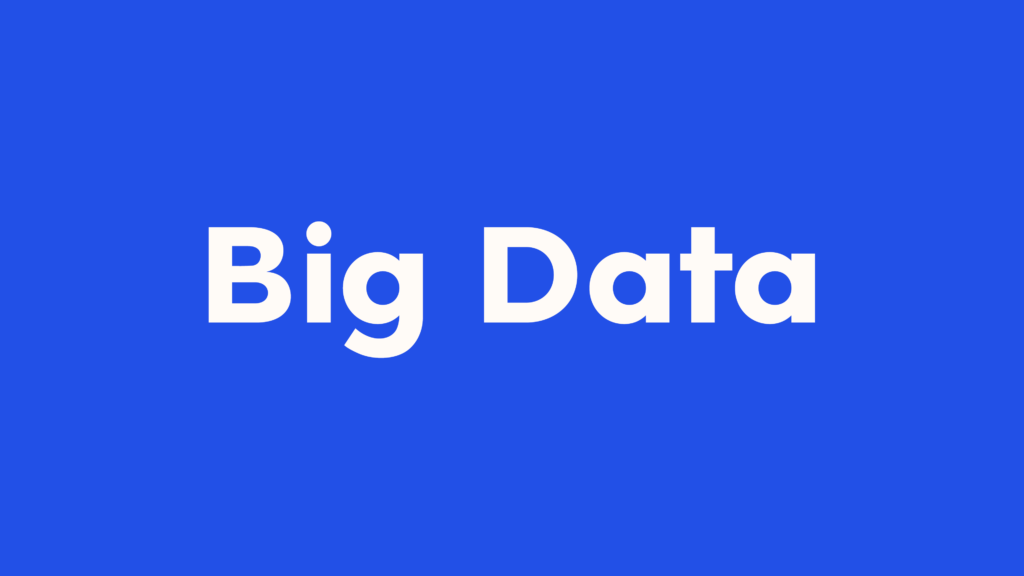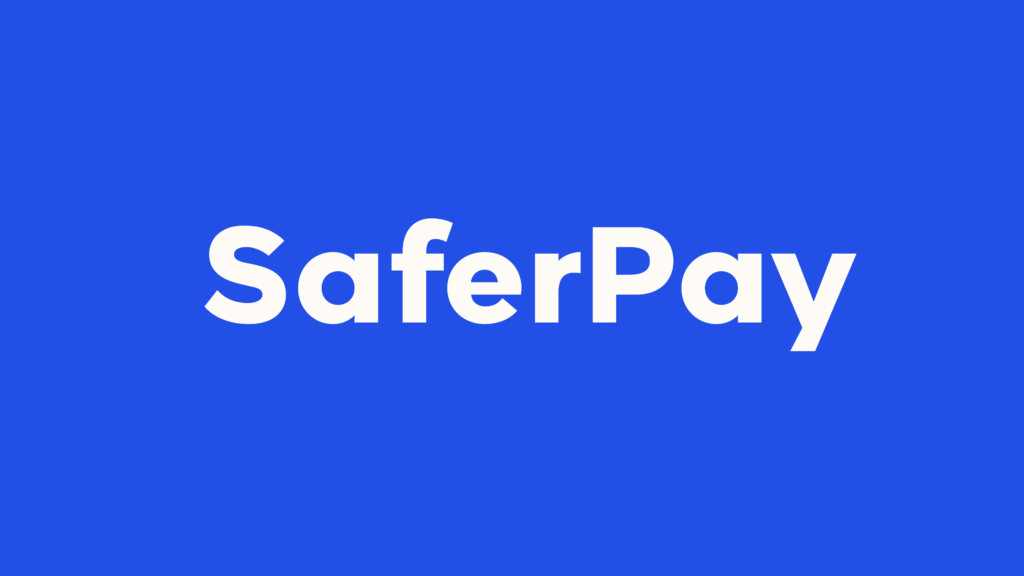Advantages and disadvantages
Online databases have a number of advantages and challenges that all organisations should consider:
Main advantages:
Accessible from anywhere, allowing remote working and global collaboration
A cost-effective solution as no physical infrastructure is required
Real-time updates and collaboration capabilities
Flexible scalability to meet growing needs
Main drawbacks:
Internet dependency – stable connection required to use
Security risks – risk of cyber attacks and data leakage
Limited functionality compared to traditional databases
Risk of data loss due to complexity, security problems, limited accessibility
Performance and security
Relational databases:
Excellent performance for small and medium data sets
Small and medium database sizes for small and medium databases
ACID compatibility (Atomicity, Consistency, Isolation, Durability)
NoSQL databases:
Scalable horizontally across multiple servers
High performance for large data sets
More flexible data structure management
Practical considerations
Businesses need to consider several aspects:
File storage can significantly increase costs and slow down the system
Exporting and importing can be time-consuming when switching providers
Unlike desktop solutions, there are ongoing costs
Online databases can be particularly beneficial for organisations that:
Remote working
Work in international collaboration
Require flexible scalability
They need a cost-effective solution




